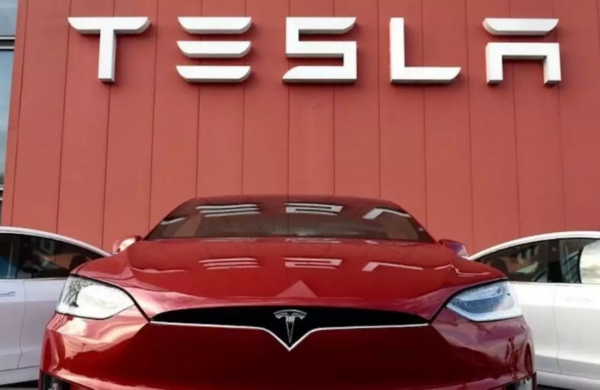
In the second quarter of the year, Tesla faced a decline in profits and gross margins, primarily due to the implementation of price cuts aimed at attracting budget-conscious consumers. The electric vehicle (EV) manufacturer, led by CEO Elon Musk, recorded a gross margin of 18.2 percent, falling slightly below Wall Street’s estimated 18.8 percent and considerably lower than the 25 percent margin previously achieved.
Elon Musk has been vocal about his willingness to sacrifice short-term profitability in exchange for increased sales volume, and it seems this strategy has paid dividends for the company. Despite the margin contraction, Tesla managed to surpass both earnings and revenue expectations for the period and boasted record-breaking vehicle deliveries. Furthermore, the company remains optimistic about its future prospects.
Also Read: Tesla Model S and Model X UK Orders Now Include a Reacher
Tesla is actively investing in expanding its production capacity, battery sales, and other growth-oriented projects, such as the highly anticipated Cybertruck. By prioritizing vehicle output over margins, Musk believes Tesla will witness a substantial increase in valuation in the foreseeable future. However, investors appeared to be concerned about weaker profits, leading to a 3.6 percent drop in the company’s stock price at the closing bell in New York.
The second quarter’s adjusted profits came in at 91 cents per share, surpassing Wall Street estimates of 81 cents per share. Revenue also saw a significant boost, rising 47 percent to reach $24.9 billion, beating analysts’ projections of $24.5 billion in sales.
Tesla’s journey towards achieving a 20 percent auto margin for the year, excluding regulatory credits, has been met with challenges due to a broader slowdown in EV demand and an increase in vehicle inventory. Tesla currently holds 16 days’ worth of inventory globally, a notable uptick from 15 days in the previous quarter and four days a year ago, indicating months of markdowns and promotional offerings like free charging and discounts of up to 30 percent on select models.
Despite these challenges, Tesla maintains an ambitious production target, aiming to grow its output by approximately 50 percent in 2023, reaching nearly 1.8 million vehicles. Although there might be a slight slowdown in production during the third quarter due to summer shutdowns, Elon Musk expressed confidence in achieving this target.
One of Tesla’s highly anticipated models, the Cybertruck, might not be available in significant volumes next year, despite its potential to boost the company’s sales. Recent news indicates that the first Cybertruck has rolled off the production line at Tesla’s Austin factory, but its release to customers might be delayed for an undisclosed period.
Also Read: Toyota CEO Reveals Toyota’s Electrification Strategy
Elon Musk also highlighted Tesla’s advancements in its driver-resistant software, which the company plans to license to other automakers. However, experts believe it will be several years before autonomous vehicles can safely operate without human intervention.
While Tesla navigates through its challenges, the company’s continuous pursuit of innovation and expansion projects, along with its strong commitment to the EV market, have instilled optimism among investors and analysts. Tesla’s focus on scaling up production and delivering cutting-edge technology could play a pivotal role in maintaining its remarkable sales growth in the future.

Leave a Reply